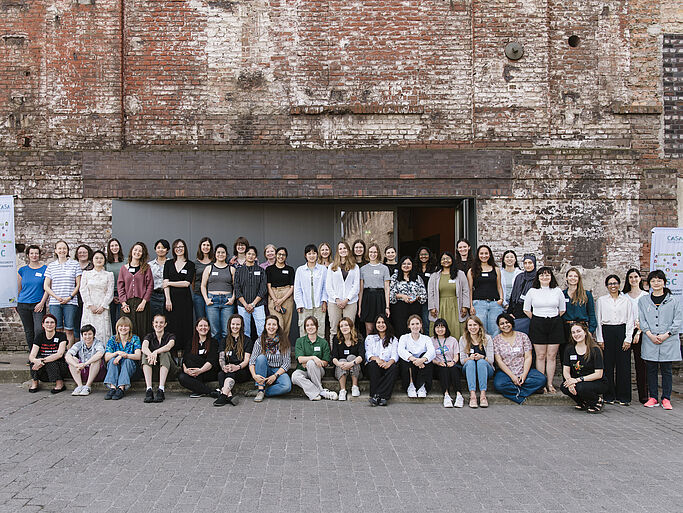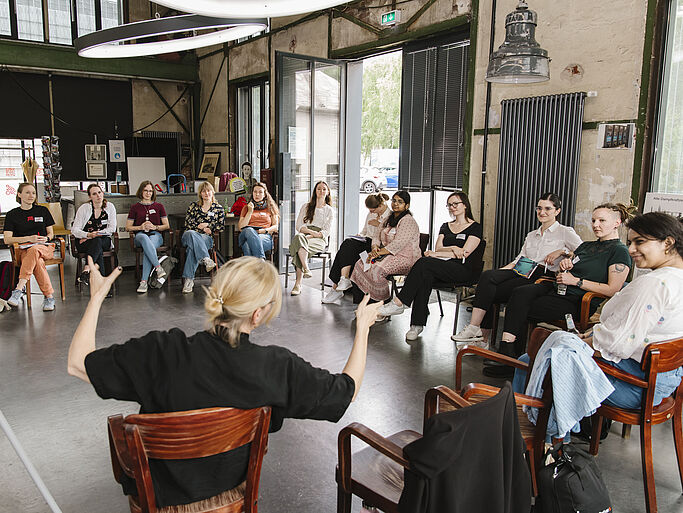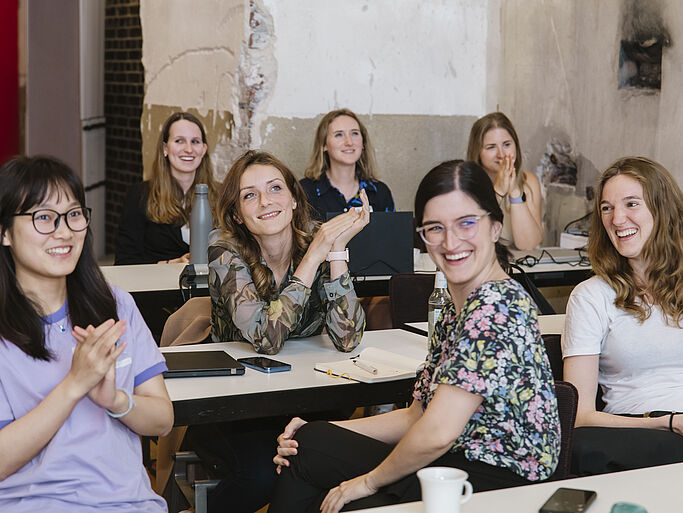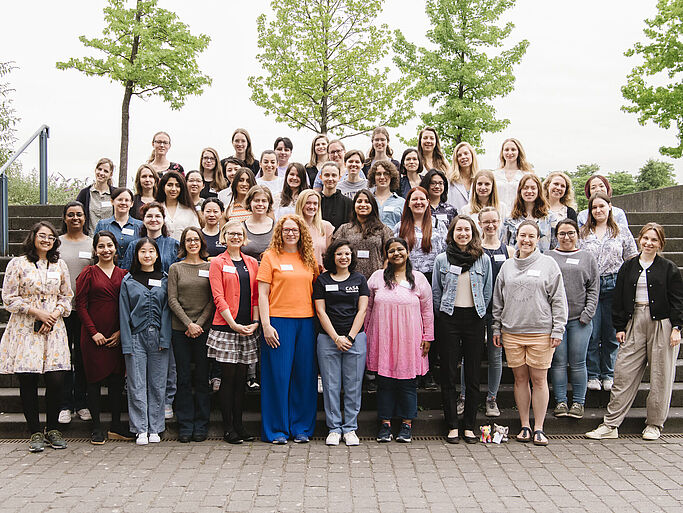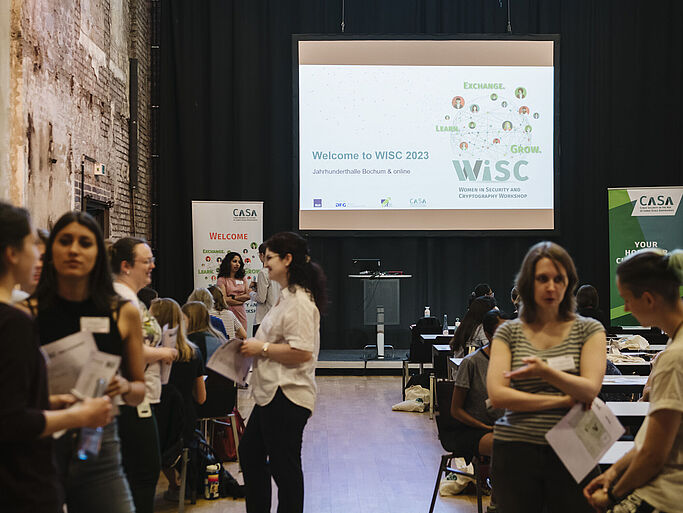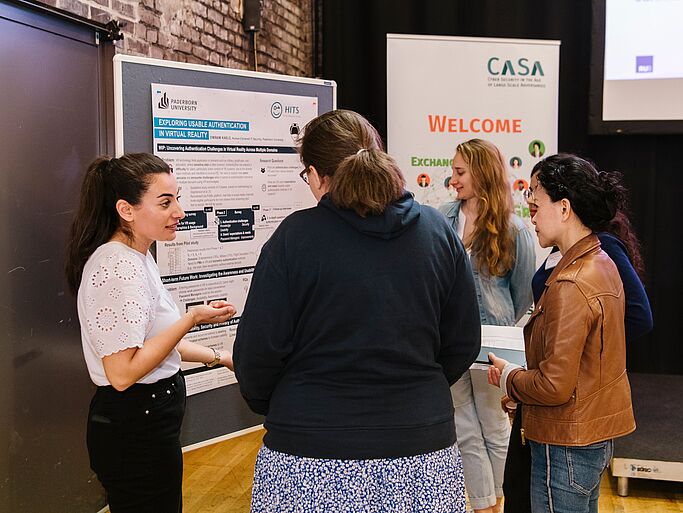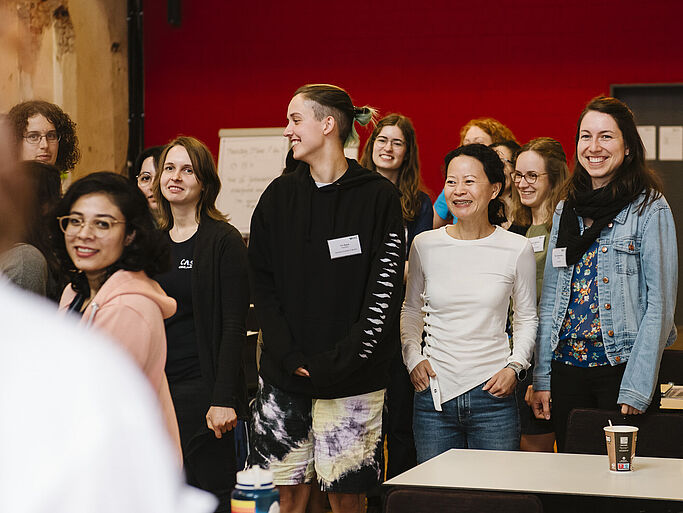Women in Security and Cryptography Workshop (WISC)
The workshop is aimed at female PhD students and outstanding female students in the field of IT security. It offers expert presentations and room for exchanges between senior and junior female researchers in this field. The long-term goal of WISC is to build a strong international network of junior women researchers and create a valuable academic program. WISC is a sister event to the prestigious Women in Theory (WIT) computer security conference and is held on a biennial basis.


